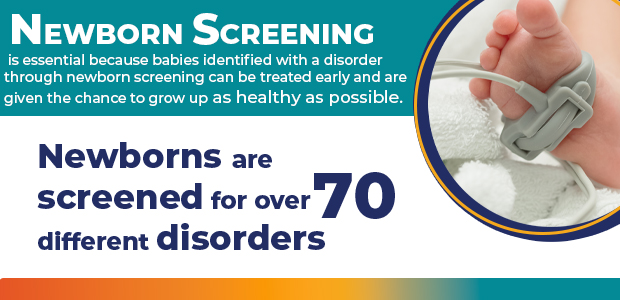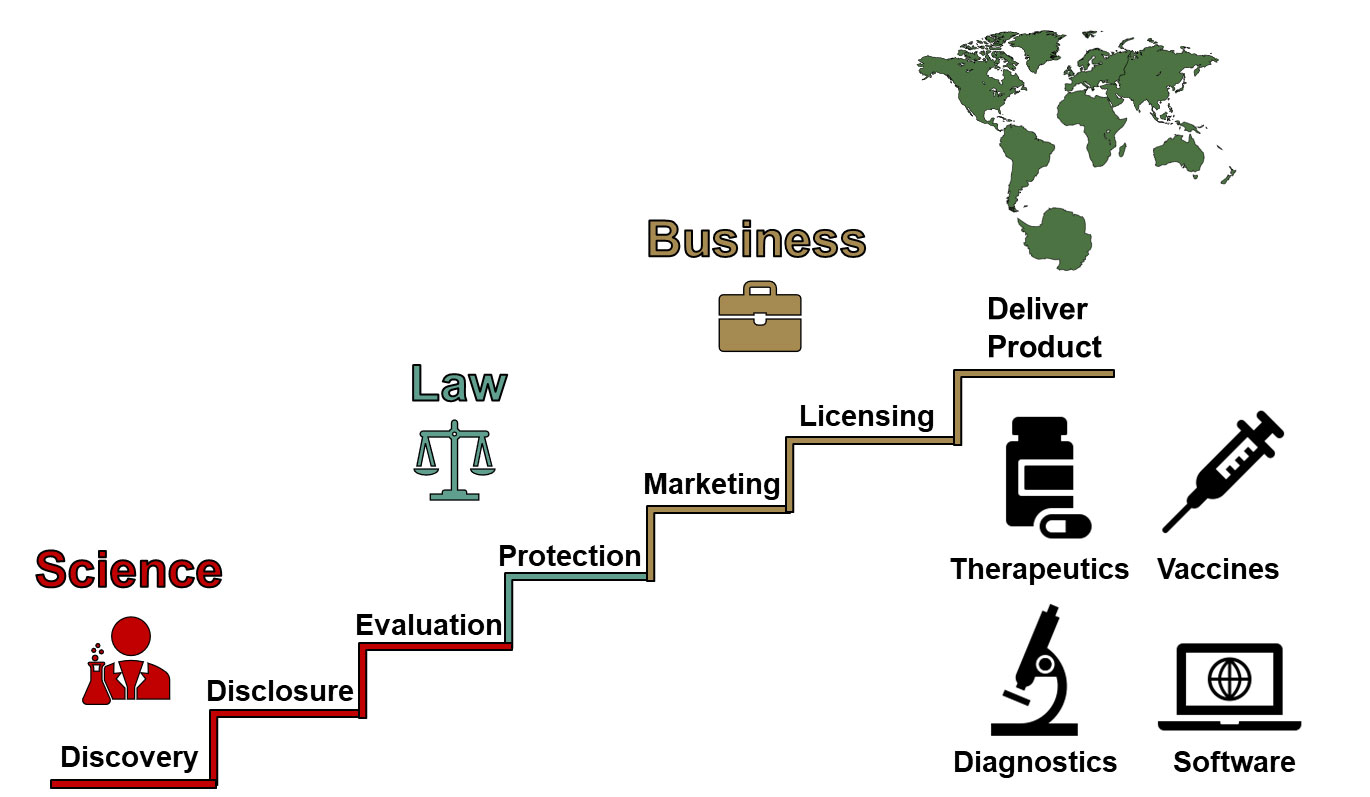Regulatory Developments in Corporate Climate Disclosure and Sustainable Development Goals
Report on Federal and State Actions Impacting SDG 12 and SDG 13
Federal Regulatory Update: SEC Climate Disclosure Rule
Judicial Challenge and its Impact on SDG 13 (Climate Action)
Recent developments in the Eighth Circuit Court of Appeals concerning the Securities and Exchange Commission (SEC) mandatory climate disclosure rule present significant implications for the advancement of Sustainable Development Goal 13 (Climate Action). The current administration’s SEC has deferred to the court to determine the legality of the rule, a move that could fundamentally alter the scope of federal authority in mandating climate-focused corporate reporting.
- On July 23, 2025, the SEC formally requested the Eighth Circuit to rule on the climate disclosure regulation’s legality rather than undertaking an internal administrative review to rescind it.
- The Commission’s stated rationale is that a judicial decision would “inform the scope and need for such action” and “promote an efficient resolution.”
- This strategy appears aimed at securing a judicial precedent that could limit the SEC’s authority to enact similar climate-related regulations in the future, thereby impacting long-term progress on SDG 13.
Institutional Accountability and SDG 16 (Peace, Justice and Strong Institutions)
The SEC’s decision has raised concerns regarding institutional responsibility, a core tenet of Sustainable Development Goal 16. A dissenting commissioner argued that the Commission is attempting to circumvent its statutory obligations by asking the court to perform the work of repealing or modifying the rule.
- The dissent highlights the SEC’s failure to confirm whether it would adhere to the rule if the legal challenge is denied.
- This action is viewed as an attempt to weaken the institutional framework necessary for enforcing corporate accountability on climate issues, which is crucial for achieving targets under both SDG 13 and SDG 12 (Responsible Consumption and Production).
State Regulatory Update: California’s Climate Disclosure Initiative
Advancing SDG 12 (Responsible Consumption and Production) through State-Level Action
In contrast to federal uncertainty, the California Air Resources Board (CARB) is proceeding with the implementation of its mandatory climate disclosure regulation. This initiative directly supports Sustainable Development Goal 12, particularly Target 12.6, which encourages companies to adopt sustainable practices and integrate sustainability information into their reporting cycles.
- On July 9, 2025, CARB issued guidance reaffirming its commitment to finalizing the regulation by the end of the year.
- To enhance transparency and accountability, CARB will establish a public docket where entities must post links to their climate-related financial risk reports. This measure promotes public access to information, a key component of SDG 12.
Enforcement Philosophy and Compliance
CARB has provided insight into its initial enforcement approach, emphasizing cooperation to foster widespread compliance.
- The agency stated that a primary consideration in assessing penalties will be “whether the violator took good faith measures to comply.”
- This approach indicates that entities demonstrating genuine efforts to comply with the new disclosure requirements are unlikely to face significant penalties initially, encouraging broader participation in this critical step toward achieving SDG 13.
SDGs Addressed in the Article
SDG 13: Climate Action
- The article is centered on regulations designed to address climate change. The federal (SEC) and state (California’s CARB) rules requiring mandatory climate disclosures are direct policy measures aimed at integrating climate change considerations into corporate and financial systems, which is a core component of taking action on climate change.
SDG 12: Responsible Consumption and Production
- The regulations discussed directly relate to corporate accountability and transparency. By mandating that companies report on their climate-related financial risks, these rules encourage companies to adopt more sustainable practices and integrate sustainability information into their public reporting cycles.
SDG 16: Peace, Justice and Strong Institutions
- The article highlights the role of governmental and legal institutions in implementing climate policy. It discusses the actions of regulatory bodies like the SEC and CARB, the legal challenges in the Eighth Circuit, and the importance of due process and transparency (e.g., CARB’s “public docket”). This relates to the development of effective, accountable, and transparent institutions.
Specific SDG Targets Identified
-
Target 13.2: Integrate climate change measures into national policies, strategies and planning.
- The article details the creation and legal defense of the SEC’s “mandatory climate disclosure law” at the federal level and California’s similar regulation at the state level. These are concrete examples of integrating climate change measures into national and sub-national financial policies and corporate governance frameworks.
-
Target 12.6: Encourage companies, especially large and transnational companies, to adopt sustainable practices and to integrate sustainability information into their reporting cycle.
- The entire focus of the article is on mandatory climate disclosures. These rules compel companies to report on “climate-related financial risk,” which is a direct implementation of integrating sustainability information into their official reporting cycles.
-
Target 16.6: Develop effective, accountable and transparent institutions at all levels.
- The article discusses the functioning of regulatory institutions (SEC, CARB). CARB’s plan to “post a public docket” is a specific action to create a transparent system. The legal debate over whether the SEC “was trying to avoid its legal obligations” and must follow the “statutorily-required work” directly addresses the accountability of these institutions.
Indicators for Measuring Progress
-
Indicator for Target 12.6: A public docket listing company reports.
- The article explicitly states that CARB will “post a public docket for covered entities to post the location of their public link to their first climate-related financial risk report.” This docket serves as a direct, quantifiable indicator to track the number of companies complying with the disclosure regulation, thereby measuring the integration of sustainability information into reporting cycles.
-
Indicator for Target 16.6: Mechanisms for public transparency.
- The article mentions that the purpose of the “public docket” is to “help support transparency.” The creation of this docket is a tangible indicator of an institution (CARB) taking steps to become more transparent in its regulatory function.
-
Implied Indicator for Target 13.2: Existence of climate disclosure regulations.
- The article does not name a specific metric but implies one. The existence and enforcement of the “mandatory climate disclosure law” by the SEC and the CARB regulation serve as a primary indicator that climate change measures are being integrated into national and sub-national policies.
Summary Table: SDGs, Targets, and Indicators
| SDGs | Targets | Indicators Identified in Article |
|---|---|---|
| SDG 13: Climate Action | 13.2: Integrate climate change measures into national policies, strategies and planning. | The existence and implementation of federal (SEC) and state (CARB) mandatory climate disclosure regulations. |
| SDG 12: Responsible Consumption and Production | 12.6: Encourage companies to adopt sustainable practices and integrate sustainability information into their reporting cycle. | A “public docket for covered entities to post the location of their public link to their first climate-related financial risk report.” |
| SDG 16: Peace, Justice and Strong Institutions | 16.6: Develop effective, accountable and transparent institutions at all levels. | The establishment of a “public docket” by CARB specifically to “help support transparency.” |
Source: natlawreview.com







